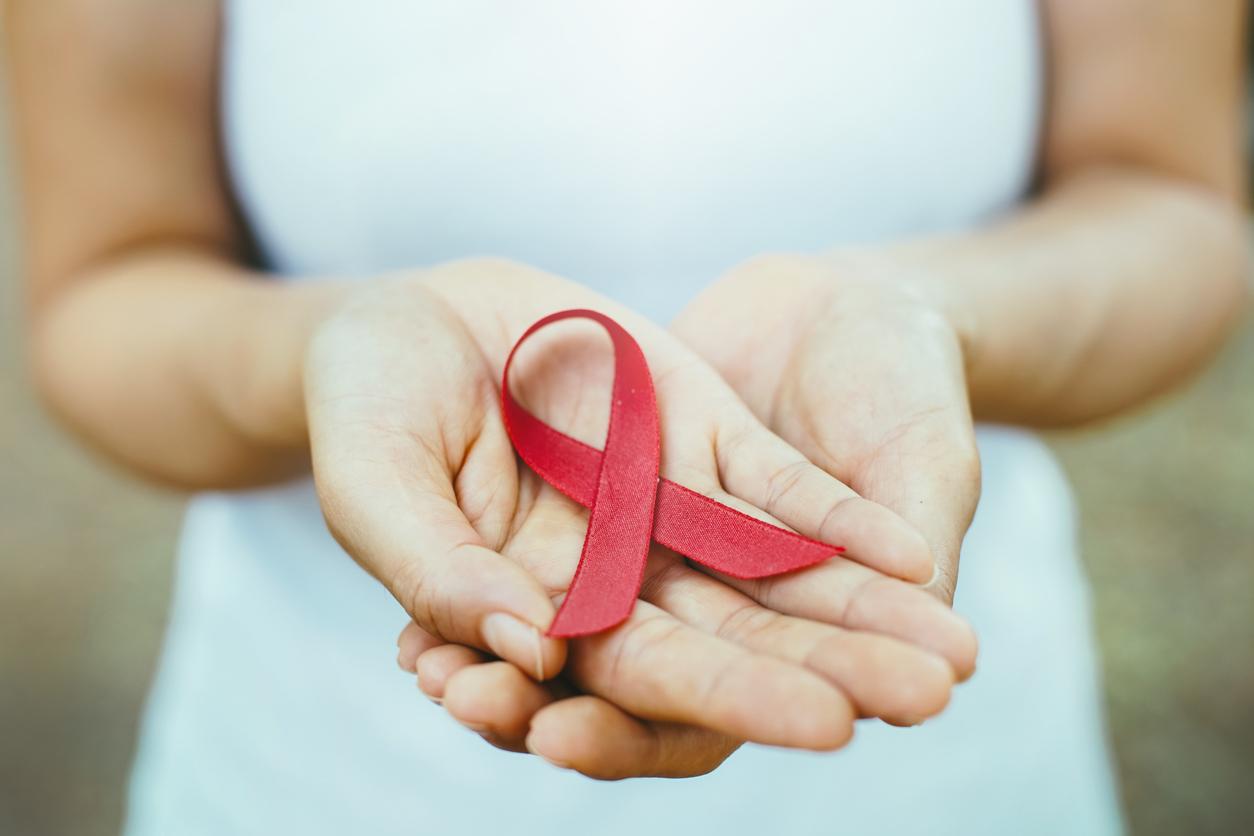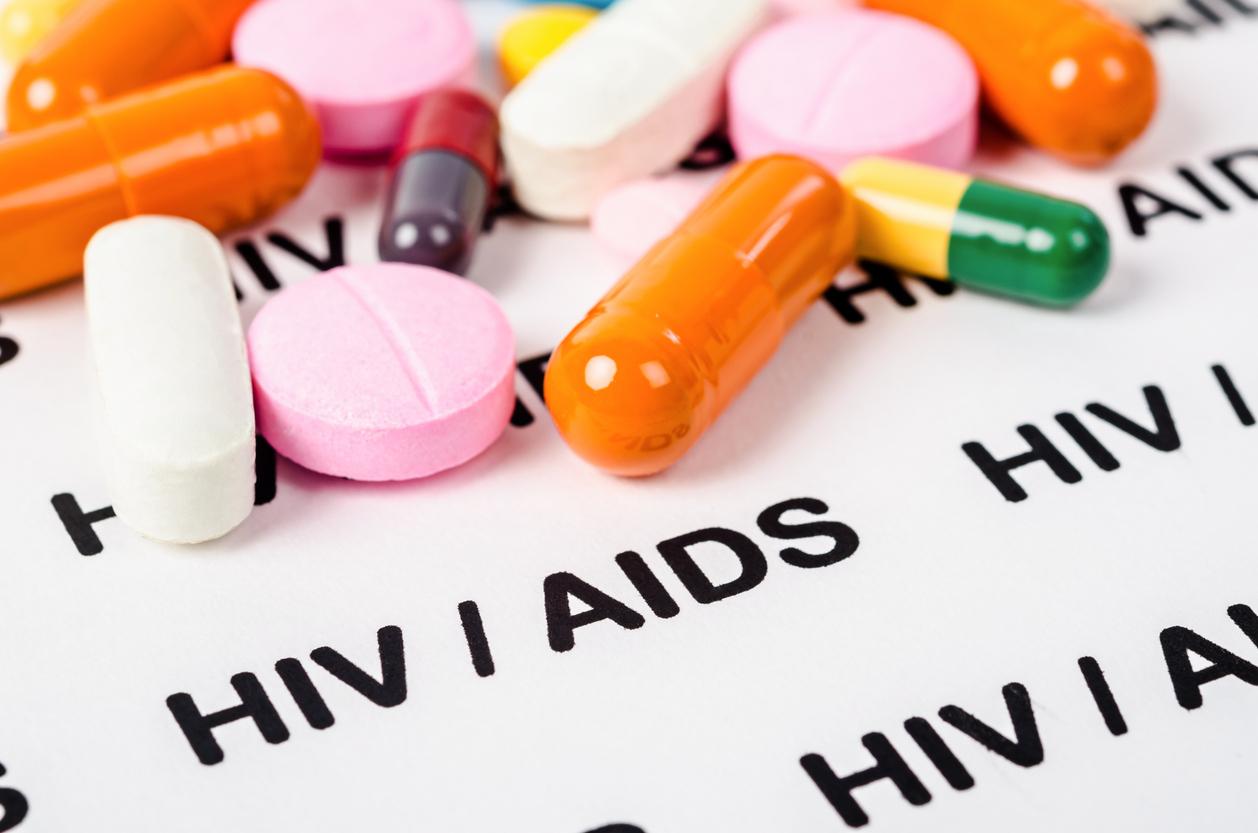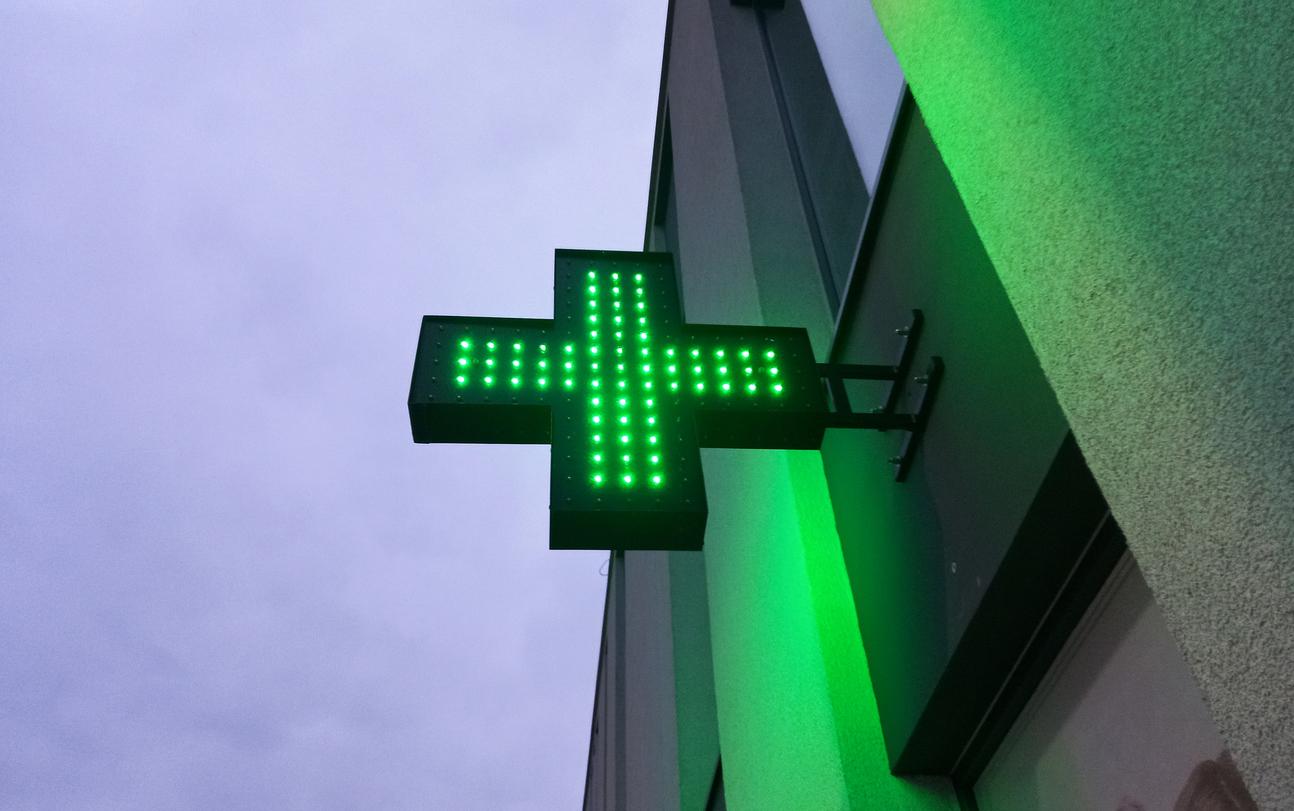INTERVIEW – Truvada, indicated for HIV prevention, will be prescribed in anonymous and free testing centers.

HIV preventive treatment leaves the hospital. Authorized in January 2016, pre-exposure prophylaxis (PrEP) will also be prescribed at the free information, screening and diagnostic center (CeGIDD). The Minister of Health, Marisol Touraine, affirmed it at the General Assembly of the United Nations on the end of AIDS in New York (United States). The announcement was confirmed on June 10 by a decree in the Official Journal. It should be followed in the wake of an amendment to the temporary recommendation for use (RTU) from which the blue pill benefits.
By expanding access to Truvada, France wishes to strengthen the protection of people most exposed to HIV. “We are reaching out to all populations, even the most distant,” said the Minister of Health. Going to the populations furthest from the health system is the key to fighting and ultimately eradicating the AIDS virus. »What will be the terms of application of this text? Analysis with Fabrice Pilorgé, in charge of the “Health democracy” mission for the AIDES association.
Who can prescribe Truvada in CeGIDD?
Fabrice Pilorgé : Until now, only hospital doctors could prescribe it, under the terms of the RTU. Now, doctors experienced in the field of HIV and who practice in CeGIDD will be able to do so. This formula opens the prescription to general practitioners. This considerably widens the potential places of care.
Are the conditions of issue changing?
Fabrice Pilorgé : It will be like in the hospital. People will have their prescription, go to the pharmacy with their vital card and the Truvada will be issued to them. We could have envisioned that the CeGIDDs also deliver PrEP, but this would have considerably increased budgets and logistics. It didn’t necessarily seem useful to us and would have taken a lot longer.
This system can be problematic for people who do not have health coverage. This is a subject that we are going to address for the next social security financing law. We are going to ask for the creation of a small budget for this purpose.
Will the beneficiaries be accompanied, as in the hospital?
Fabrice Pilorgé : PrEP is difficult to hear without support. This is the model that was validated by the Ipergay trial (which tested the effectiveness of Truvada in PrEP, editor’s note). In theory, CeGIDDs can have health mediators, who can be affiliated to associations. To my knowledge, no structure has a budget for this. PrEP was not included when modeling their funding. It will therefore be necessary to ask the question of the financing of dedicated consultations.
Fabrice Pilorgé, AIDES mission manager: ” The problem is with additional exams, every two months. There is a risk of having a financial surcharge for these free CeGIDD exams. “
Will CeGIDD really reach isolated populations?
Fabrice Pilorgé : The CeGIDD is made to reach populations vulnerable to HIV and STIs: it is not in the hospital, a certain number of people are used to attending it, the opening hours are adapted to the public target. From this point of view, it is the right tool: it multiplies the access points in places designed to reach target populations and receive them.
Then the question of implementation arises. There will certainly be variations depending on the territories. Will everyone provide access to PrEP? It is not certain. Is PrEP necessary in all CeGIDDs? Probably not, since the population concerned is not necessarily present.
One of the challenges is to multiply the points and widen the targets. Consultations at the hospital mainly concern men who have sex with men. In the recommendations and the RTU, the audience is wider. We think in particular of migrants, especially women. We hope that the CeGIDD will help to reach them.

6 months of PrEP
Pre-exposure prophylaxis turns six months old. Authorized for HIV prevention in January 2016, Truvada has been emulated: 66 dedicated hospital consultations have opened in France and 765 people have joined a PrEP program. according to AIDES. The public is however less varied than the recommendations issued by the health authorities: 99% of the beneficiaries are homosexual men according to the data presented at the AFRAVIH conference. The continuous regimen is widely preferred since 80% of people take one tablet per day. Taking “on demand”, evaluated in the Ipergay trial, is therefore less successful.
.















